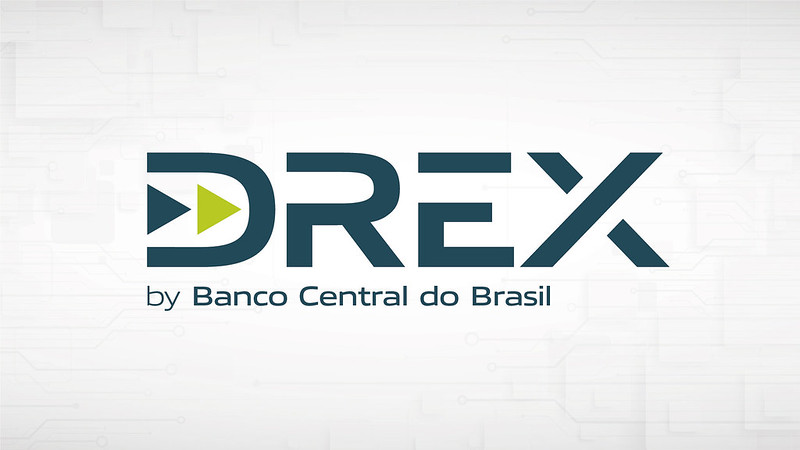
Brazil’s Central Bank Expands CBDC Pilot Drex, Invites New Participants for Advanced Testing
The Central Bank of Brazil has announced the expansion of its central bank digital currency (CBDC) pilot project, Drex, entering its second phase with a focus on more complex use cases and smart contract applications. From October 14 to November 29, 2024, the bank is accepting proposals from financial institutions interested in participating in this advanced stage of testing.
This new phase aims to build upon the initial testing, which involved 16 consortiums primarily led by banks. The first stage focused on registering the Brazilian real on a decentralized digital network and exploring tokenized federal government bonds. Now, the central bank is looking to broaden the scope and complexity of the project.
Thirteen use cases have already been approved for the second phase, including innovative applications such as receivables assignment, collateralized credit in CBDC, loans secured by government bonds, international trade financing, foreign exchange market optimization, and a liquidity pool for government securities. Other areas of exploration include transactions involving agribusiness assets, carbon credits, debentures, and real estate.
Fábio Araújo, the Drex coordinator at the Central Bank, hinted at the possibility of live tests following this pilot round, signaling the project’s progression towards real-world implementation. However, no official launch date for Drex has been announced.
A key focus of this phase is the development and testing of privacy solutions. Previous attempts by four companies (Zether, Starlight, Rayls, and ZKP Nova) failed to resolve the challenge of securely hiding transactions between participants on a scalable level. The central bank is keen on addressing this crucial aspect to ensure compliance with Brazil’s General Data Protection Law and banking secrecy regulations.
The expansion of the Drex project aligns with global trends in CBDC development. Brazil is among 65 countries in advanced stages of CBDC exploration, as reported by the Atlantic Council. This move comes as China’s digital yuan (e-CNY) has already seen significant adoption, with 180 million personal wallets and over 7.3 trillion yuan ($1.02 trillion) in transactions recorded by mid-2024.
As Brazil accelerates its CBDC development, it’s also advancing its Open Finance initiative. The central bank envisions this as a marketplace offering various banking and payment options, including CBDCs, to foster innovation and competition in the financial sector.
The Drex project, initially slated for launch in late 2024 or early 2025, has faced delays due to central bank staff strikes and privacy concerns. The current timeline suggests that testing with smart contracts will continue until mid-2025, allowing for thorough evaluation and refinement of the digital currency system.





